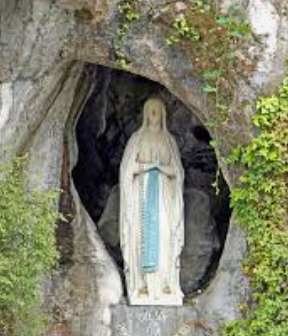
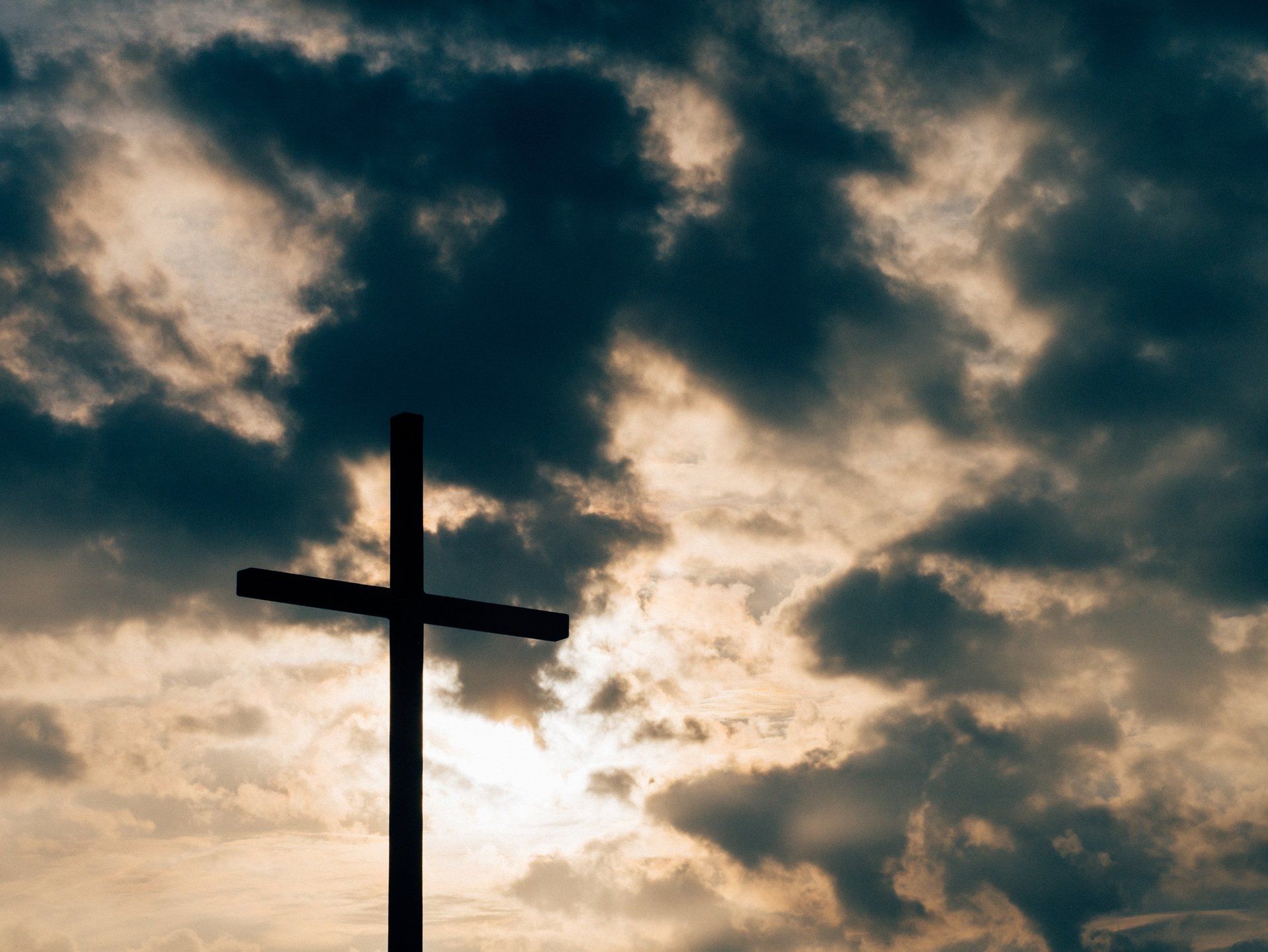

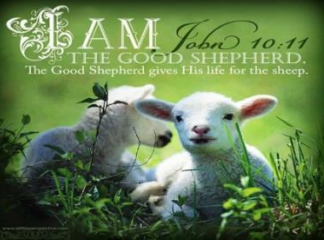
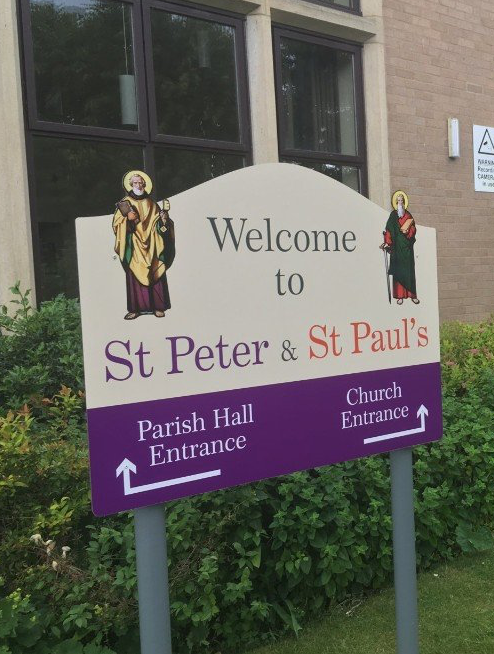

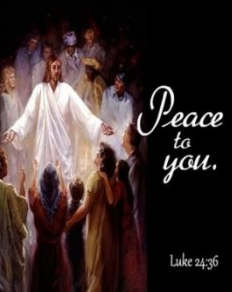
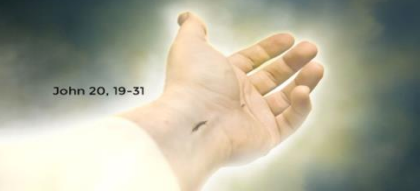
A True Father
-The image of God as father.
Of all the words that Jesus spoke, the ones most commonly repeated by his followers are the prayer that begins, ‘Our Father’. Jesus took a big gamble when he spoke of our Father in heaven. God is beyond gender, beyond our imagination. He is a spirit, with no body, so in calling him male or female, we are projecting our own mortal notions on to the immortal and invisible. Moreover, if we have bad associations or memories of either father or mother, we risk contaminating our idea of God with them.
Emotional overtones
That is where Jesus took the gamble. Those who have known a father as a tyrant or drunk will bring strange overtones to Our Father in heaven. If Jesus had spoken of our Mother in heaven, he would have run a similar risk. No human words are as heavily laden with emotional overtones as ‘father’ and ‘mother’.
It is only when we move away from home, and reflect on our history, that we begin to see after many years what mother and father did to us, for better or worse. And when we do, some of our religious attitudes and feelings start to make sense.
Merciful father
All through our life, we are trying to sort out our sense of our heavenly Father and Mother. Jesus always speaks of his Father. We see what he meant in the parable of the prodigal son, in which the central figure is the merciful father. In that extraordinary and moving story, Jesus comes nearest to giving us a picture of God.
For some of us, the memory of father may be of an absentee, as happens more and more often today: the father who begets a child and then disappears, not even giving his name to the child. A third of our first-born children are in that state, not carrying their father’s name. Of all the revelations from our Central Statistics Office, many of them bringing us good cheer about productivity and economic growth, that figure is the one that should most give us pause.
Absent role model
About one in three of the eldest children in new families knows father only as an absentee, someone who had his fun and vanished. He remains a role model – especially for his sons whether he wants to or not. In the child’s fantasy, there is no such thing as a single parent. The other one, the missing one, remains as a shadowy icon.
St Augustine, in a memorable Latin phrase, insists that God is not like that. Non enim fecit atque abiit, he says: ‘He did not just make us and go away’. God works with us and for us, and we see his hand not just in the sunshine and obvious blessings, but even in the dark times, in our sorrowful mysteries. He is always present to us.
For some of us, father may have been someone we could not talk to. I knew a sixteen-year-old who complained, ‘I have not spoken to my father for eighteen months. Whenever I have something I want to talk to him about, he will be just staring at a TV programme that he says he has to watch, and tells me to come back later’ .
I asked the boy, ‘What happened eighteen months ago?’ He smiled. ‘There was a power cut,’ he said. ‘We had no lights or TV, so we sat around a candle and played cards. It was the best family evening for years.’
Happy to see us
We don’t have to wait for a power cut to talk to God. He can be part of our breathing in and breathing out. He is happy when we turn to him, no matter how we are dressed, or how we are behaving, or what we have done in the past week.
When we turn to God in prayer, he is there waiting, happy to see us. ‘When you pray, go to your private room, shut yourself in, and so pray to your father who is in that secret place, and your father who sees all that is done in secret will reward you… Your father knows what you need before you ask him.’ (Mt.6:6.8)
The point of the parable
For some of us, father was someone you could not mess with, maybe a perfectionist, who got uptight about any failing in his children: somebody who was slow to bless, but easily disappointed or annoyed.
Turn again to the parable: the prodigal son messed up his father in a way anyone could have warned him about. In those days, sons normally worked for their father till he died. Then the estate was divided. Some would say the prodigal’s father was doting, giving away the inheritance ahead of time. Anyone could have told him it would be squandered – and so it was.
He allowed the son to make his mistakes, but kept a place for him in his heart. This is a picture not so much of a foolish old man, as of the one who knows what is in our hearts and is unsurprisable.
Children of God
God sees us as his children. It is unthinkable for a mother not to love her baby, or for God not to love us. He delights in us as his children, no matter what our age, no matter what mistakes we have made. The parable of the prodigal ends with a party. The older brother was upset – this was making too much fuss of the young rascal. He missed the point. The father threw it to express his own joy at having his son back again.
Tonight, in front of a mirror, light a candle and look at yourself. Who is that? Do you like the person you see? Then see Jesus at your side, also looking at you in the mirror. How does he see you? His eyes are tender, happy in your company. Not because of your looks or poverty or power or friends, but because you are his sister, brother, child of God. At the end, thank God for his love, not because of anything we do, but because he is our Father and we are his children.







